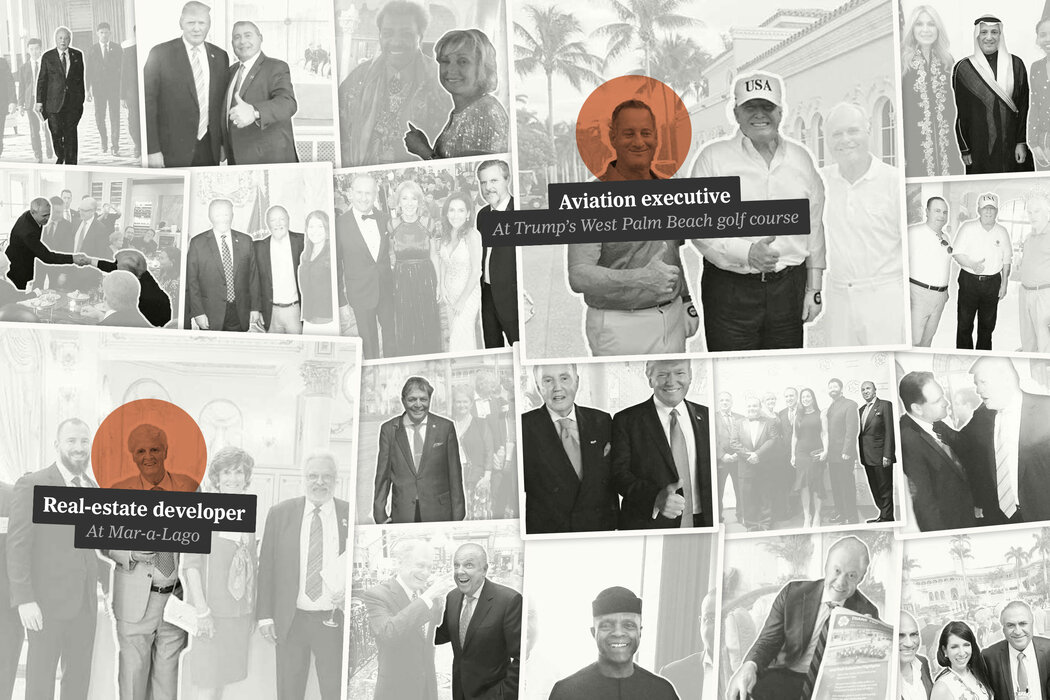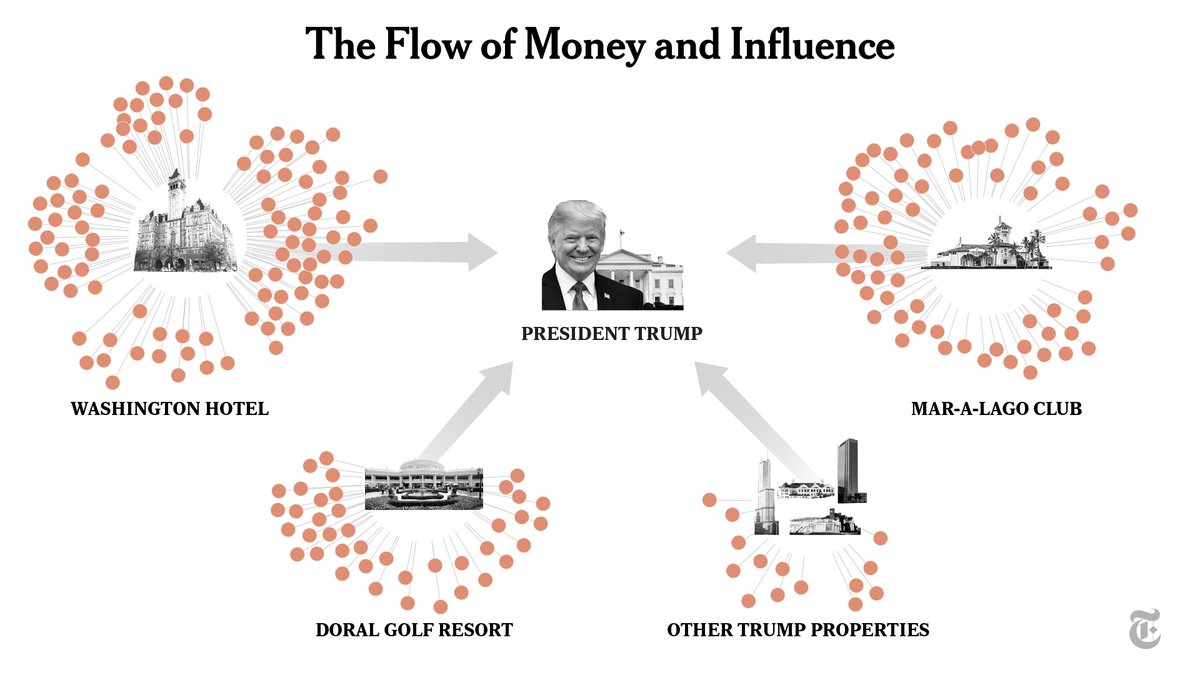
New York City officials are worried that an uptick in virus cases in Brooklyn and Queens could bring on a second wave. This is how tensions between the authorities and the predominantly Orthodox Jewish communities in those areas have fueled the crisis. nyti.ms/2GRdWLH
Orthodox Jewish sects are facing unwelcome scrutiny over whether the virus is spreading because some people in these insular communities are reluctant to embrace pandemic guidelines and have become susceptible to misinformation.
https://twitter.com/JoeKGoldstein/status/1314186543834304514
In some areas, including Borough Park in Brooklyn, many Orthodox Jews who have conservative views are more likely to take their cues about the virus from President Trump. Trump’s disdain for mask-wearing has influenced residents, leaders say. nyti.ms/2GD92lX 

People living in Hasidic neighborhoods tend to avoid the internet, and few families own televisions. Many yeshivas offer limited scientific education — creating fertile ground for misinformation about herd immunity, critics say. nyti.ms/2GD92lX 

Interviews with community leaders, public health experts, and city and state officials show that some Orthodox leaders did belatedly recognize the dangers of the virus. More people in the community began to wear masks. But it may have been too late. nyti.ms/2GD92lX
In recent weeks, neighborhoods with large numbers of Orthodox Jewish residents have been posting positivity rates of more than 3%, and as high as 8%. On Tuesday, Gov. Andrew Cuomo imposed a shutdown of schools and nonessential businesses in these areas. nyti.ms/2GD92lX
The governor’s order touched off protests on Tuesday night. Orthodox Jewish leaders said they believed that the authorities had unfairly singled out Jews for criticism over gatherings but did not express similar alarm over Black Lives Matter protests. nyti.ms/2GD92lX
A spokesman for New York City’s mayor said public health, not politics, guided the city response. “Our goal is to ensure all New Yorkers stay healthy,” he said. “It’s not about demographics, or political background.” nyti.ms/2GD92lX
• • •
Missing some Tweet in this thread? You can try to
force a refresh











